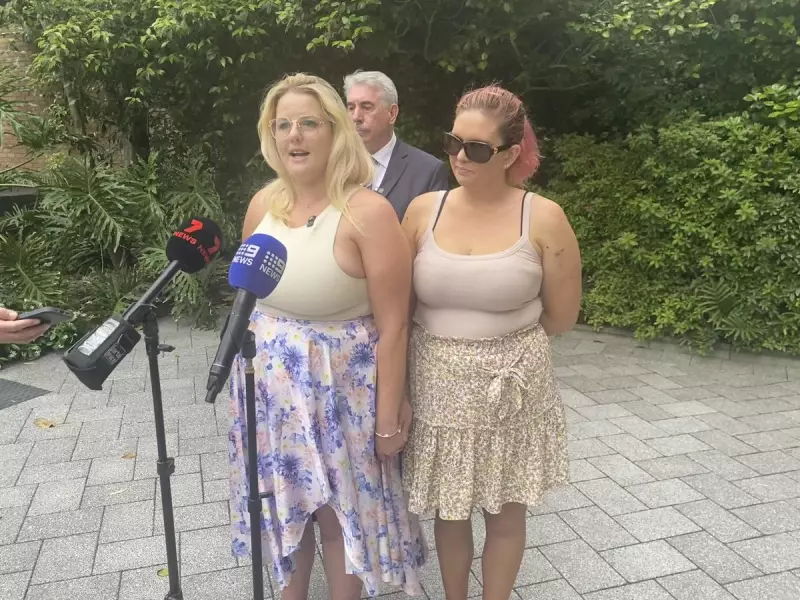
The Cook government is facing mounting pressure to accelerate social housing delivery as new data reveals Western Australia's priority waitlist for accommodation has swelled to nearly 4,000 applications, highlighting a deepening housing crisis across the state.
Growing Waitlist Numbers Reveal Deepening Crisis
Recent figures obtained by the opposition show 3,847 applications are currently on the priority waitlist for social housing in Western Australia. This represents a significant increase from previous periods and underscores the escalating pressure on the state's housing system.
The data reveals particularly concerning trends in specific categories, with 972 applications from people experiencing homelessness and 1,023 applications from those facing significant health issues that are exacerbated by their current living situations. These vulnerable Western Australians are waiting indefinitely for safe and stable accommodation.
Government Response Under Scrutiny
Housing Minister John Carey has defended the government's record, pointing to the $2.6 billion investment in housing and homelessness measures announced in the recent state budget. This includes funding for the construction of new social homes and maintenance of existing properties.
However, opposition housing spokesperson Steve Martin has criticized the pace of delivery, stating that only 164 social homes were completed in the first three quarters of the 2023-24 financial year. At this rate, the government would fall significantly short of its target to deliver 400 new social homes by June 2024.
The Community Housing Coalition has added its voice to calls for more urgent action, with chief executive Andrew Hirst emphasizing that "the scale of the problem requires more ambitious targets and faster delivery" of social housing across Western Australia.
Broader Housing Pressures Mount
Beyond the priority waitlist, the general social housing waitlist has also grown substantially, with more than 19,000 applications now in the system. This broader figure includes individuals and families who may be in inadequate or unaffordable housing but don't meet the urgent priority criteria.
The housing crisis is being felt across multiple sectors, with essential workers, seniors on fixed incomes, and low-income families increasingly unable to secure affordable accommodation in Perth and regional areas. Rental vacancy rates remain critically low while rental prices continue to climb, pushing more Western Australians into housing stress.
Advocacy groups have warned that without more decisive intervention, the situation will continue to deteriorate, potentially leading to increased homelessness and placing additional strain on support services already operating at capacity.
The Cook government now faces the challenge of accelerating its housing delivery pipeline while managing construction industry constraints and rising building costs that have complicated efforts to increase social housing stock at the required pace.





